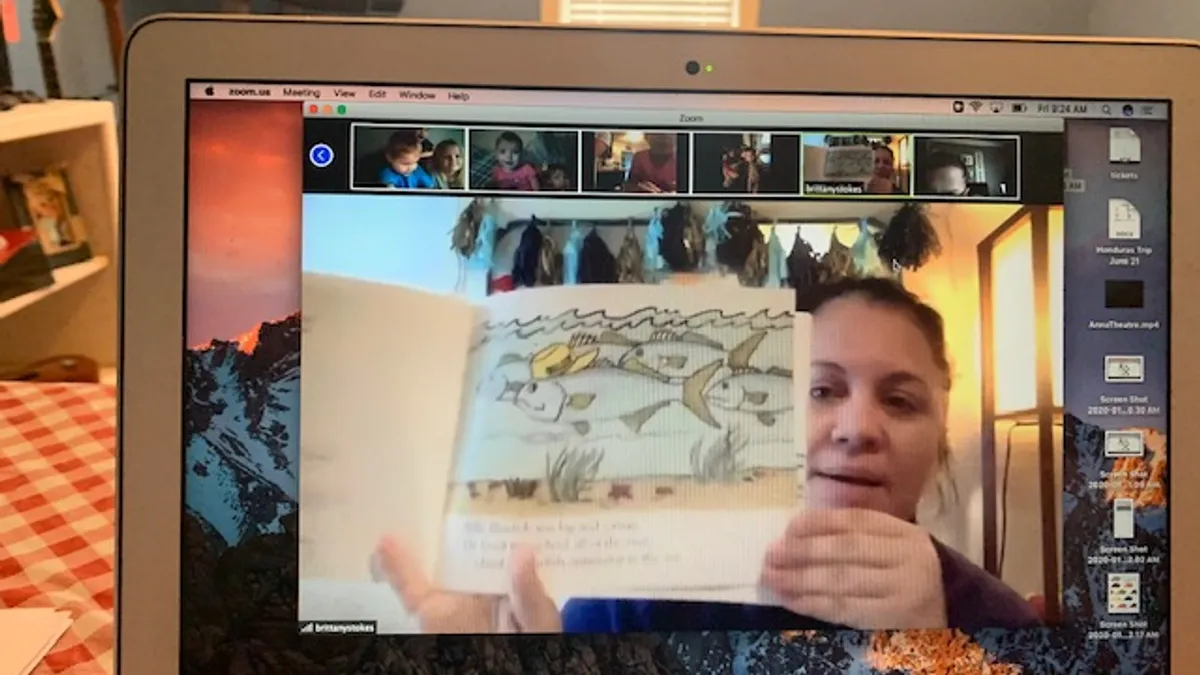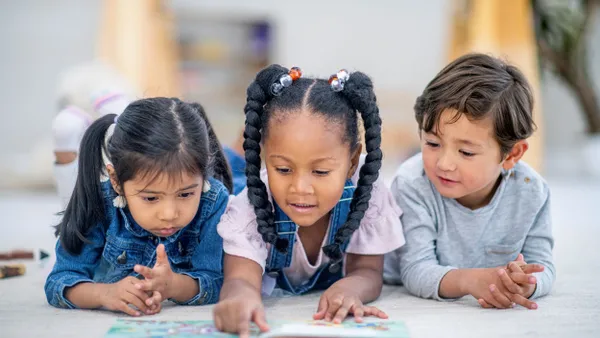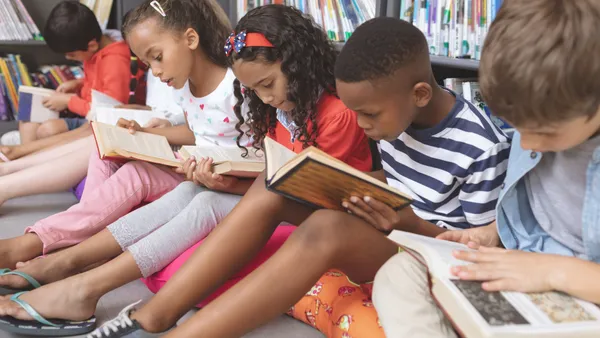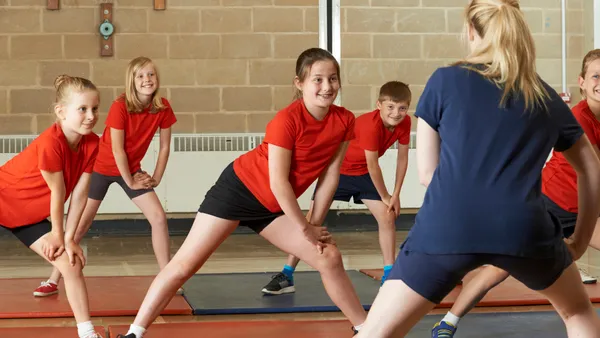Dive Brief:
- As the COVID-19 pandemic persists and virtual learning continues, copyright infringement is becoming a greater concern, Roy Kaufman, managing director for business developmen and government relations at the Copyright Clearance Center, writes for eSchool News. He also notes free licenses offered by publishers early on are expiring and other content used without permission of the copyright holder may not fall under "fair use."
- To avoid these concerns, districts should ensure educators are familiar with licensing, copyright and fair use. Licensing allows a borrower to use intellectual property under certain terms, copyrights require permission that allows individuals to make copies of the work in question, and fair use means the material can be used free for certain purposes under specific circumstances, such as students making a copy of a newspaper article for a homework assignment.
- Copyright permission can be obtained through an author, agent or publisher, and many publishers have dropped the cost of copyright license fees to allow educators to use them for distance learning. The TEACH Act of 2002 and Creative Commons also offer additional avenues for educators seeking resources for distance learning.
Dive Insight:
Understanding copyright has been increasingly critical for educators even prior to the pandemic, as the abundance of content readily available online presents numerous potential pitfalls. In the same vein, students must also learn to vet what resources they can legally use and the circumstances under which they can do so.
For example, students can learn how to identify the way a piece of content is licensed and how to apply proper attribution to its creator, as well as whether it can be used. With the internet teeming with pirated software, movies and music, it's especially easy for educators and students alike to run afoul. As such, districts can put clear usage protocols in place to ensure staff and students properly attribute all work and understand what's legally available.
Fair use guidelines apply to teacher or student-created items for instructional or educational purposes. The guidelines state that items can be used without permission for a period of up to two years after their first instructional use, material copied by teachers can be used for only one course term, items may be kept in student portfolios of academic work indefinitely, and video recorded from television can be shown for up to 10 days from original broadcast.
Educators can be the victims of copyright infringement, as well. Instructors have reported illegal use of materials on the Teachers Pay Teachers online marketplace. The problem seems to stem from educators not being aware of copyright laws and rules. Teachers may also not even own the rights to their lesson plans, as their school districts may claim ownership via their contracts. For personally created materials that educators do claim ownership of, it's also important to acknowledge copyright by including a © symbol for a degree of protection until the work is registered.












